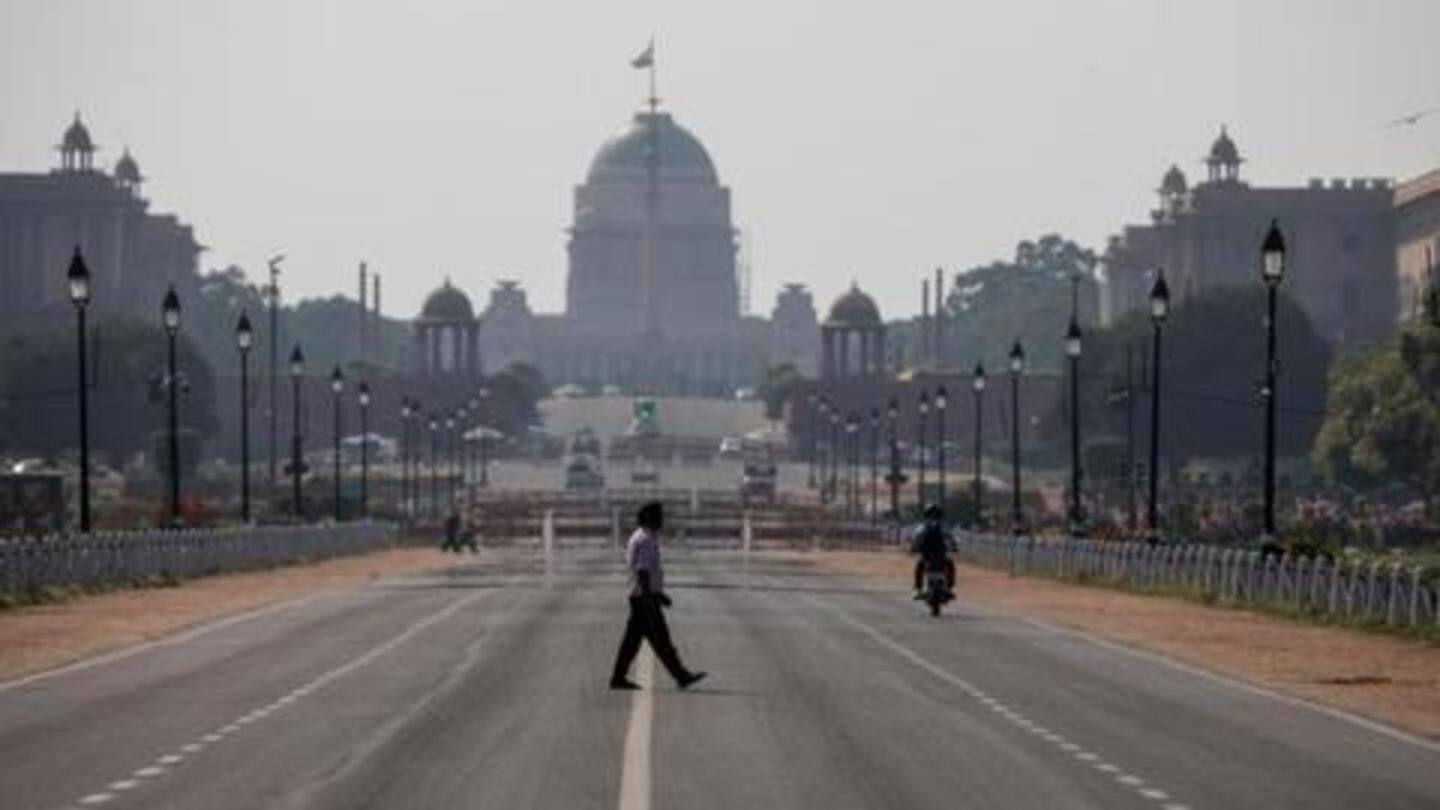
Coronavirus lockdown has changed the way our planet moves
What's the story
In the wake of the COVID-19 crisis, countries around the world have imposed lockdowns on their citizens. The restrictions, affecting billions, have brought bustling capitals to a halt and is hitting economies drastically. But, amid all this, the lockdown keeping people home might also be changing the way our planet moves - and for the better. Here's all you need to know about it.
Reduction
Reduction in seismic noise noted during lockdown
Over the last few weeks, scientists have noted a significant reduction in seismic noise or the hum of vibrations/movements taking place in Earth's crust. The data came from seismometers located across several countries under lockdown, including Belgium, England, France, and New Zealand. In Brussels, the capital of Belgium, scientists found that the noise has declined by a third since the lockdown was imposed.
Reason
This could be the result of people staying home
The sudden drop in seismic noise has led scientists to suggest that this might be an effect of a large number of people staying indoors. They say that just like Earthquakes, human activity - industrial machinery and transportation systems - also trigger vibrations that cause Earth's crust to move. Now, with that activity being reduced (thanks to lockdowns), the crust vibrations have also fallen.
Twitter Post
Here's what drop in seismic noise looks like
Our staff is teleworking. The earth continues shaking. Ground movements at frequencies 1-20 Hz, mainly due to human activity (cars, trains, industries,...) are much lower since the implementation of the containment measures by the government. #StayHome @ibzbe @CrisiscenterBE pic.twitter.com/pGgQAyLuUP
— Seismologie.be (@Seismologie_be) March 20, 2020
Advantage
This can boost our ability to detect Earthquakes
The change in the way Earth moves can boost our ability to detect Earthquakes and other seismic events more easily. Basically, with reduced vibrations from the crust, scientists have a window to use their seismometers to detect minute waves/vibrations that previously went unnoticed. Scientists in Belgium say their ground detectors can now detect small quakes as well as those buried 100-meter underground.
Possibility
City-based detectors may also become better
If the lockdowns continue in the near future, city-based detectors may become more sensitive to seismic events, matching those purposefully established in remote areas to avoid human activity and make better detections. The improved measurements at these detectors may also allow scientists to closely study waves generated from volcanic activity and better predict such events in the future.